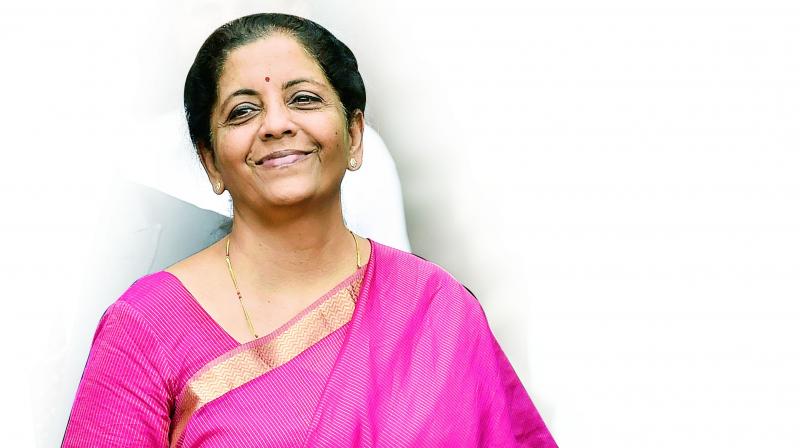Union Budget 2019: Back to gaon, garib, kisan

New Delhi: Bullish on agrarian reforms with the focus on gaon, garib aur kisan, the Centre has announced in the Union Budget for 2019-20 that it will make major investments in developing infrastructure in both agriculture and the allied farm sector.
Presenting the 2019-20 Budget, finance minister Nirmala Sitharaman told the Lok Sabha on Friday that the government keeps gaon, garib aur kisan at the centre of everything it does. Both the “ease of doing business” and the “ease of living” should apply to farmers too.
The minister also emphasised the need to replicate Zero Budget Farming, an innovative model, across the country, saying that farmers are already being trained in few states in this regard. “We will invest widely in agricultural infrastructure. We will support private entrepreneurship in driving value addition to farmers’ produce from the field and for those from allied activities, like bamboo and timber from the hedges and for generating renewable energy,” she said.
The Modi 2.0 government’s maiden Budget sought to boost investments while raising petrol and diesel prices, increased tax on the super-rich, hiked import duty on dozens of items as it tried to spur growth through higher spending and sops for startups, housing and corporates.
Ms Sitharaman announced further opening up of foreign investment in sectors like aviation, insurance and media sectors while throwing a lifeline to the struggling shadow banks (NBFCs) to boost investment and lending in the economy.
There was no change to the income tax slabs but surcharge on the super-rich was hiked. Those with a taxable income of Rs 2 to Rs 5 crore will now pay 39 per cent tax while those with more than Rs 5 crore income would pay 42.47 per cent.
“Those in the highest income brackets need to contribute more to the nation’s development,” she said. Customs duty on gold and precious metals was raised from 10 per cent to 12.5 per cent to mobilise resources.
To boost the use of electric vehicles, an additional income tax deduction of Rs 1.5 lakh on interest paid on loans taken to purchase EVs has been proposed.
First-time homebuyers buying a house not exceeding Rs 45 lakh would get an additional deduction of Rs 1.5 lakh towards interest.
To spur consumption, the finance minister lowered corporate tax on companies with revenue of up to Rs 400 crore to 25 per cent from 30 per cent. Currently, the lower rate is applicable only to companies with revenue up to Rs 250 crore.

